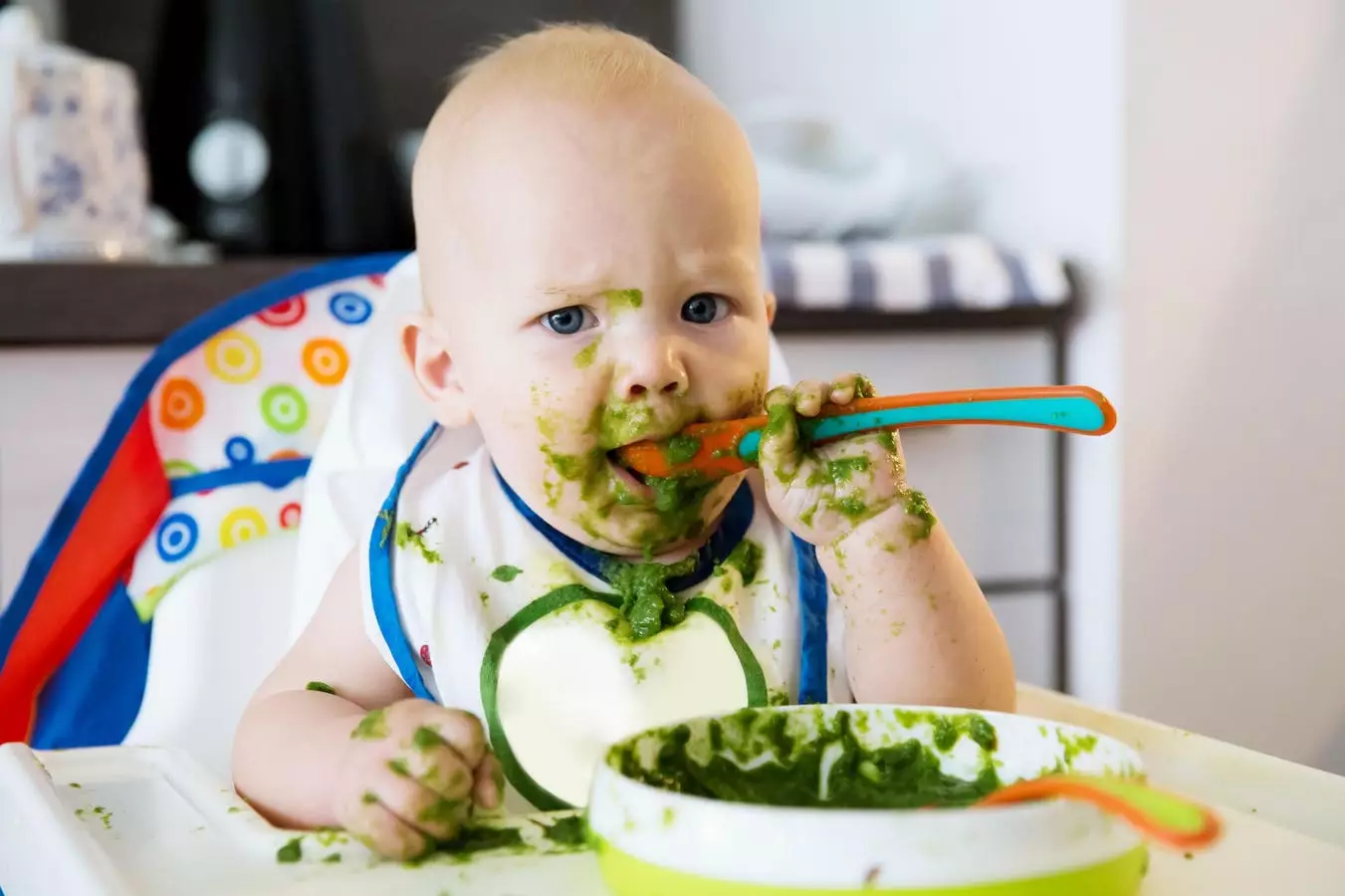The dawn of a new generation, Generation Beta, is on the horizon with its first members being born in 2025. Unlike previous generations, Generation Beta’s culinary experiences will likely emerge from a confluence of technological advancements, environmental consciousness, and a unique set of societal values. This generation will grow up in an era that goes beyond traditional meal preparation; it will involve innovative methods such as 3D printing of food and AI-assisted dietary recommendations. This is not just about a new generation of eaters but rather individuals who will reshape the very concept of food culture we are familiar with today.
With the values espoused by Millennials and Gen Z—the parental figures of Generation Beta—being heavily rooted in sustainability and wellness, we see a compelling transformation in family dynamics and meal preparation. The implications of these shifts aren’t just about food preferences; they signify a generational pivot towards a more considerate and interconnected way of eating. Generation Beta will find itself in an environment steeped in technological capabilities that serve not just to satiate hunger, but to forge deeper connections and encourage mindful consumption.
The role of Millennial and Gen Z parents in shaping Generation Beta’s food identity cannot be understated. These groups have already laid the groundwork for a culinary ethos that stresses plant-based diets, minimal waste, and home cooking as a form of self-care and sustainability. These parents are equipped with knowledge of environmental issues which will make sustainable practices an ingrained habit rather than a trend.
In this context, food won’t merely serve the purpose of nutrition. It will become a medium for problem-solving and adaptability. As climate change continues to pose challenges to food availability and methods, it will be crucial for Generation Beta to learn resilience and creativity in their eating habits. This adaptability will not merely be a trait but an inherent aspect of their food narrative.
As the first generation to be nurtured amidst rapid technological advancements, Generation Beta will likely experience a transformation in how they perceive food production and consumption. The home kitchen of the future might be run by AI, utilizing smart appliances and automated processes that tailor meals to individual health needs and preferences. 3D food printing and lab-grown proteins will become not just novelties but staples, challenging and reshaping the existing paradigms of what we consider “food.”
Platforms like TikTok, which have revolutionized the way culinary trends spread, will remain significant in shaping Generation Beta’s attitudes toward food. These tools will create communal experiences where food not only nourishes but entertains, educates, and connects people across borders. The ability to instantly share culinary creations and the context behind them will redefine the way recipes and food stories are communicated.
The interconnected world that Generation Beta enters will obliterate traditional culinary borders. Ingredients and techniques from various cultures will be at their fingertips, making exposure to global flavors more seamless than any generation before. Their understanding of cuisine will likely become less about specific geographical identification and more focused on universal storytelling through food.
The rise of social media has already made food culture a visually-driven and socially interactive experience. From the latest viral food challenges to global cooking classes streamed online, Generation Beta will grow up capable of appreciating diverse culinary heritages while promoting respect and understanding among them. Rather than viewing food as fixed categories, they are more likely to embrace it as an evolving dialogue—a shared human experience enriched by exploration and experimentation.
The path through which Generation Beta will navigate their culinary identity will be shaped by the socio-political and economic circumstances of their time. They will inherit not just the culinary techniques from their millennial parents but also the lessons learned through ongoing climate crises and the evolution of global food practices.
As they grow, the principles of sustainability, inclusivity, and global citizenship that define their upbringing will create a distinct food culture. This generation will craft their tastes and traditions by drawing from a rich tapestry of global influences, making their culture a reflection of the complex, highly-connected world around them.
To summarize, while it is too early to predict the exact preferences and habits of Generation Beta, the precursors are clear. The intricate interplay of technology, global connectivity, and parental values are setting the stage for an exciting new culinary future. As we consider the foundational elements shaping this upcoming generation’s food culture, it’s important to recognize our societal role in crafting an ethos that respects both the environment and the rich diversity of culinary traditions that the world has to offer.


Leave a Reply